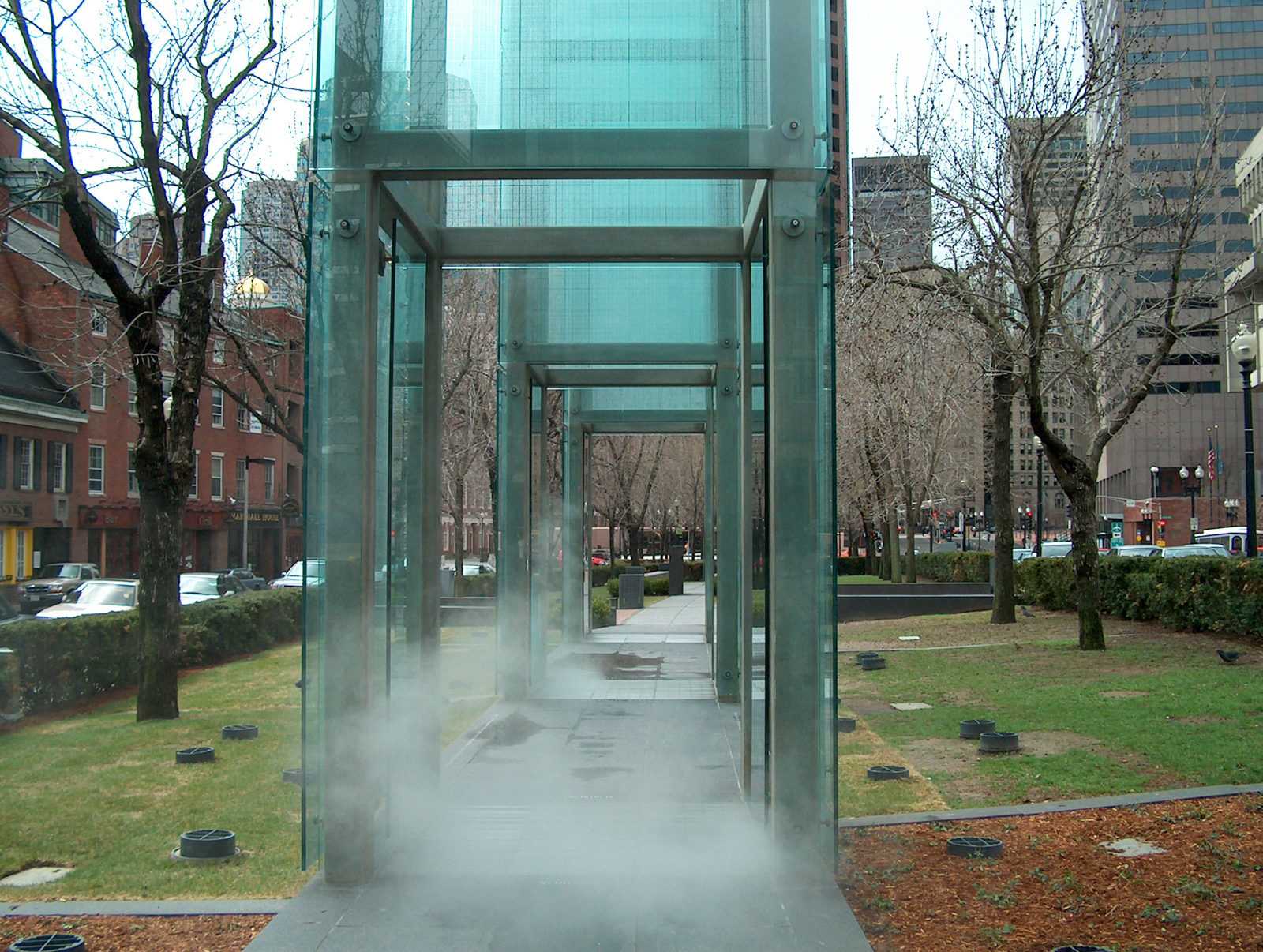From papers printed with hateful messages to swastikas scratched into walls and fences to the two-time destruction of the New England Holocaust Memorial — anti-Semitism has been on the rise in Massachusetts.
New data from the Anti-Defamation League shows a significant increase in the number of anti-Semitic incidents reported in New England so far this year. The first nine months of 2017 saw a 32 percent increase from the same period of time in 2016, with 132 incidents reported from January to September — more than New England saw the entirety of last year.
The lion’s share of those incidents have occurred in Massachusetts — 117 to be exact. The report also noted that a large proportion of the incidents took place in schools and on college campuses. This information isn’t especially surprising considering all of the hate that has made headlines this year, but that doesn’t make it any less disturbing.
We have a tendency today to think of racism and anti-Semitism as two completely different ideas, the former being far worse than the latter. This is completely unfounded. Just a few centuries ago, Jewish people were actually seen as a distinct race, and though this is no longer the case, they still deserve the same respect as any other demographic.
Jewish people have a reputation for being a “model minority” in the United States. This stereotype, one with which Asian-Americans in particular are quite familiar, applies to minorities with higher levels of education, higher incomes and lower crime rates than the average American.
We don’t think of these groups as needing any protection — they are clearly succeeding on their own. With such socioeconomic success, surely they couldn’t be facing any of the same discrimination and oppression that we hear about other minorities facing. Right?
These notions have somehow given us the idea that it is less offensive and more acceptable to stereotype and discriminate against Jewish people than black people, for example. It is not. Stereotypes are stereotypes. Prejudice is prejudice. Racism is racism. This kind of hate speech is never OK.
The problem may be complex, but the solution is easy: education. Ridiculous as it may be, people don’t realize what anti-Semitism entails, and how wrong it really is. They do not recognize anti-Semitism in the same way they do racism when it rears its ugly head. This is a fixable problem. Education can help us understand our prejudices and maybe even prevent them.
But anti-Semitism is unique in how ubiquitous it is — it comes from all sides of the ideological spectrum. From the left, it can be as subtle as people drawing a false equivalency between the country of Israel and the Jewish people. From the right, it can mean neo-Nazis and white supremacists. But from all directions, it is very real, and very often overlooked.
The kind of rhetoric that has come from the Trump administration has normalized these kinds of offensive and hateful acts. That’s a lot to blame on a single person — and the issue does run much, much deeper than one administration — but Trump still sets a very real tone that the rest of the country picks up on. It isn’t random that we’re seeing this kind of uptick this specific year.
For the most part, people in the United States are usually quick to denounce anti-Semitism if they encounter it. But the problem is, they often aren’t seeing it. We are more becoming politically active than we are politically informed. It’s great to take a stance, but it’s even better if that stance is founded in knowledge and context. On the road towards peace, a little education can go a long way.






















































































































